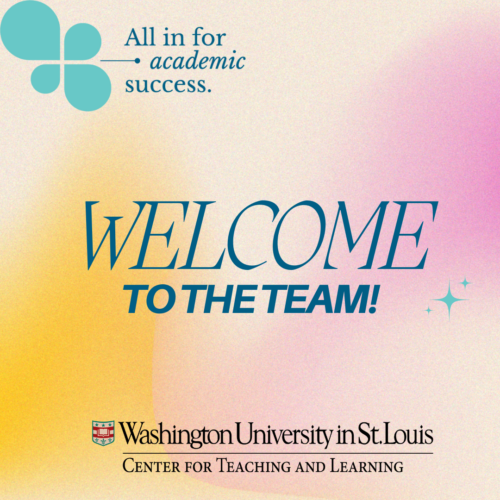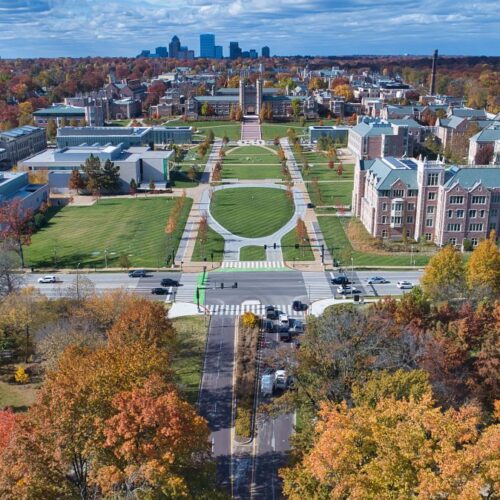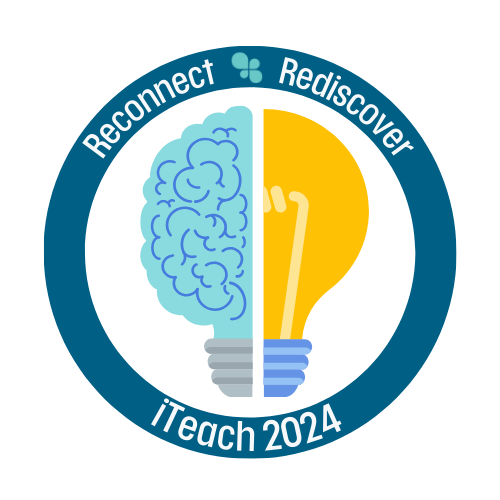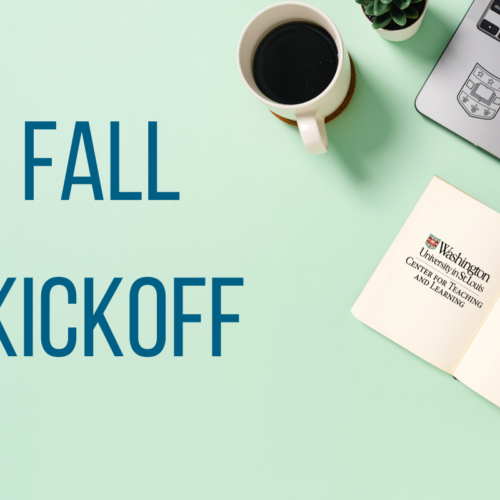New CIRCLE Fellows Focus on Intro STEM Courses
The Teaching Center and CIRCLE are pleased to announce the 2015-2017 CIRCLE Fellows.
- Daniel Giammar, Walter E. Browne Professor of Environmental Engineering, Energy, Environmental, and Chemical Engineering
- Jay Turner, Associate Professor & Director of Undergraduate Programs, Energy, Environmental, and Chemical Engineering
- Mairin Hynes, Lecturer, Physics
A collaboration between The Teaching Center, and the Center for the Integrative Research on Cognition, Learning and Education (CIRCLE), the two-year fellowship supports Washington University STEM faculty in designing and implementing curricular innovations in introductory courses. The Fellows work with Teaching Center staff to develop the implementation plan, and with CIRCLE staff to conduct a study investigating the effectiveness of the changes they have made.
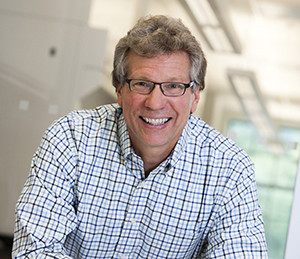 Giammar and Turner are increasing the active-learning strategies they employ in the course they co-teach, Introduction to Energy, Environmental, and Chemical Engineering (EECE 101)—a medium-sized, first-year course of approximately 40 students.
Giammar and Turner are increasing the active-learning strategies they employ in the course they co-teach, Introduction to Energy, Environmental, and Chemical Engineering (EECE 101)—a medium-sized, first-year course of approximately 40 students.
Turner notes, “One ongoing concern in the course has involved the students’ abilities to grasp how certain foundational work, such as the derivations governing equations, can lead to a deeper understanding when subsequently tackling applications. Through the CIRCLE Fellowship, we are developing and implementing pedagogically sound, interactive learning strategies to help students make these connections.”
One of the changes that Giammar and Turner are implementing is to integrate brief, in-class writing. When deriving equations, for example, Giammar and Turner prompt students to answer questions that ask them explain the concepts behind the derivations (e.g., What are the assumptions here? What is the rationale behind this 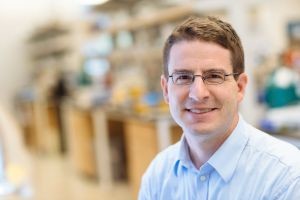 step?). These writing exercises are designed to help the students build conceptual knowledge that will enable them to make connections between the derivations and later applications.
step?). These writing exercises are designed to help the students build conceptual knowledge that will enable them to make connections between the derivations and later applications.
Giammar reflects on the project so far: “The students have been very receptive to the in-class reflective writing exercises, and they appear to enjoy the opportunity to engage more personally with the material in class. I can see that the students are actively thinking about the applications of the equations in class and not just recording notes that they will refer to outside of class when they are completing assignments.”
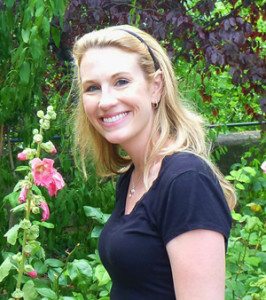 Mairin Hynes is implementing and evaluating curricular changes in the introductory course sequence Physics I and II (Physics 197 and 198), which enrolls a mix of students ranging from first-years to juniors. The course, known as “active physics,” combines mini-lectures with in-class problem solving.
Mairin Hynes is implementing and evaluating curricular changes in the introductory course sequence Physics I and II (Physics 197 and 198), which enrolls a mix of students ranging from first-years to juniors. The course, known as “active physics,” combines mini-lectures with in-class problem solving.
An earlier study showed improved student performance and attitudes in this version of this course, in comparison to students in the lecture course (Cahill, et al., 2014). In her first year as a CIRCLE Fellow, Hynes is working with CIRCLE researchers to collect data on student problem-solving skills. She will use the second year of the CIRCLE Fellowship to refine pedagogical approaches and evaluate the effects of these changes. Hynes describes the evolution and focus of the active physics project:
Our goal in Introductory Physics is to help students develop an understanding of physics on both a qualitative, conceptual level, and on a quantitative level. Our previous study (Cahill et al, 2014) demonstrated that students in active physics were effectively learning physics concepts and could apply these concepts to a variety of problems. This led us to wonder if students’ quantitative problem-solving skills were equally good or if there were areas we could help them improve in this area. Providing students with solid problem-solving skills is one of the most fundamental things we can teach them. Not only are these skills essential to understand physics, but they provide an analytical framework for approaching problems in a variety of disciplines and circumstances, both in classes and in the real world.
The CIRCLE fellowship is supported by the University’s AAU STEM education grant. The 2015-2017 cohort joins earlier cohorts from Biology and Chemistry.
References
Cahill, M. J., Hynes, K. M., Trousil, R., Brooks, L. A., McDaniel, M. A., Repice, M., Zhao, J., Frey, R. F. (2014). Multiyear, multi-instructor evaluation of a large-class interactive-engagement curriculum. Physical Review Special Topics – Physics Education Research, 10(2).
